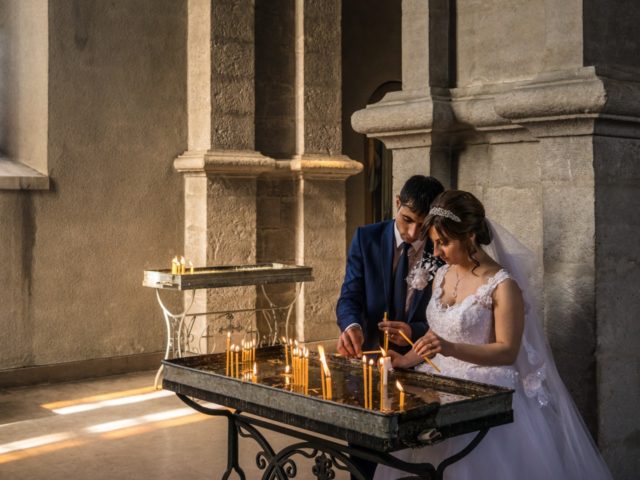The authors of a new report about marriage, faith, and families found the happiest wives in America are those who are religious conservatives.
“Fully 73 percent of wives who hold conservative gender values and attend religious services regularly with their husbands have high-quality marriages,” wrote researchers W. Bradford Wilcox, Jason S. Carroll and Laurie DeRose at the New York Times.
Their report, titled, “The Ties That Bind: Is Faith a Global Force for Good or Ill in the Family?” was published by the Institute for Family Studies and the Wheatley Institution.
“When it comes to relationship quality, there is a J-curve in women’s marital happiness, with women on the left and the right enjoying higher quality marriages than those in the middle — but especially wives on the right,” the authors explained.
They continued that American wives who are in the middle, both religiously and ideologically, as well as secular conservative wives, are less likely to experience high-quality marriages:
We suspect that part of their relative unhappiness, compared with religiously conservative women, is that they don’t enjoy the social, emotional and practical support for family life provided by a church, mosque or synagogue. We also suspect that these groups are less likely to have husbands who have made the transition to the “new father” ideal that’s gained currency in modern America — and they’re not happy with their partner’s disengagement.
Following behind religious conservative wives, 60 percent of highly religious progressive wives said they were “very happy.”
Among secular liberal couples, 55 percent of married women reported above-average relationship quality, while 33 percent of women in traditional secular marriages reported the same.
According to the researchers, devoted husbands and fathers are at the center of American wives’ view of happiness:
[I]n listening to the happiest secular progressive wives and their religiously conservative counterparts, we noticed something they share in common: devoted family men. Both feminism and faith give family men a clear code: They are supposed to play a big role in their kids’ lives. Devoted dads are de rigueur in these two communities. And it shows: Both culturally progressive and religiously conservative fathers report high levels of paternal engagement.
The researchers’ presentation of their report in the NYT editorial created a stir on social media with a fair amount of bitterness:
Others responded more happily:

COMMENTS
Please let us know if you're having issues with commenting.